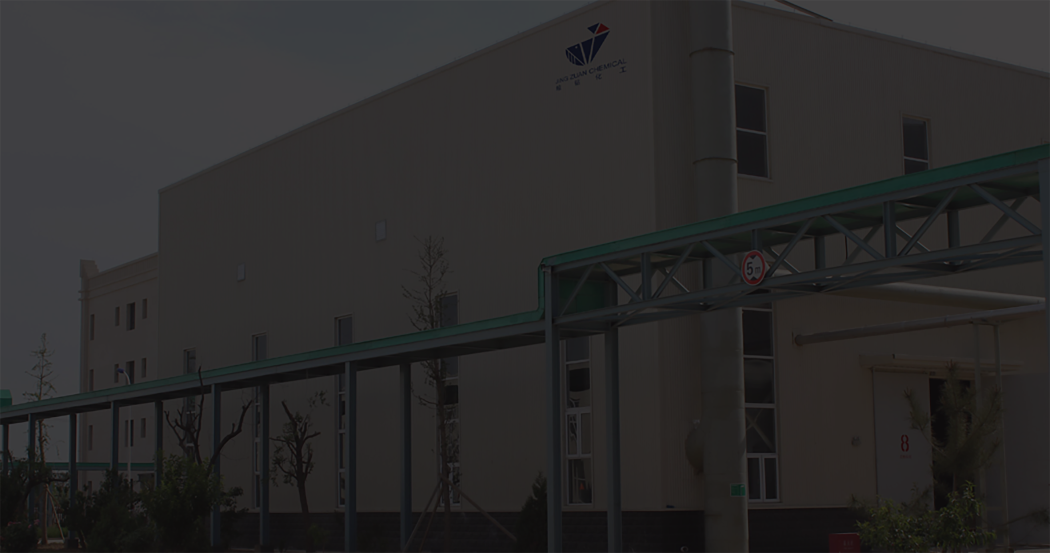
жнів . 30, 2024 13:51 Back to list
Methyl Hydroxyethyl Cellulose - Properties, Applications, and Benefits
The Versatility of Methyl Hydroxyethyl Cellulose (MHEC)
Methyl hydroxyethyl cellulose (MHEC) is a cellulose derivative that has garnered significant attention across various industries, thanks to its unique properties and versatility. Chemically, MHEC is a non-ionic, water-soluble polymer derived from natural cellulose. Its structure includes both methyl and hydroxyethyl groups, which contribute to its functional characteristics. This article explores the various applications of MHEC, its benefits, and the future of this remarkable compound.
Applications of MHEC
MHEC is widely used in the construction industry, particularly in cement-based products like mortar and plaster. Its ability to improve workability and water retention makes it an essential additive in these materials. The inclusion of MHEC helps to create a smoother application, extending the open time for better manipulation before curing. Furthermore, MHEC enhances adhesion and can reduce the brittleness of the final product, increasing the longevity of finished structures.
In pharmaceuticals, MHEC serves as an excipient in drug formulations. Its film-forming properties allow it to be used in controlled-release drug delivery systems, ensuring that medications are released at a consistent rate over time. Additionally, MHEC contributes to the viscosity of solutions, which is vital in ensuring proper consistency and stability in liquid medications.
The Versatility of Methyl Hydroxyethyl Cellulose (MHEC)
Benefits of MHEC
methylhydroxyethyl cellulose

One of the most significant advantages of MHEC is its excellent water retention capacity. This property enhances moisture retention in various applications, which is crucial for maintaining product quality. In construction, for instance, better water retention leads to improved curing processes, resulting in stronger and more durable products.
Moreover, MHEC is free from synthetic additives, making it an environmentally friendly choice. As industries strive to reduce their carbon footprint and embrace sustainable practices, MHEC stands out as a biodegradable option derived from renewable resources.
MHEC's versatility extends to its compatibility with a wide range of other materials. This characteristic allows formulators to use it effectively in combination with various polymers, enhancing formulations while maintaining desired performance standards.
The Future of MHEC
Looking forward, the demand for MHEC is expected to rise as industries increasingly focus on sustainability and performance. Innovations in MHEC production methods and applications will likely emerge, driven by ongoing research and technological advancements. Additionally, as consumers become more health-conscious, the need for safe, biodegradable additives will propel the use of MHEC in various sectors.
In conclusion, methyl hydroxyethyl cellulose is a remarkable compound that serves diverse purposes across multiple industries. Its unique properties enhance product performance while contributing to sustainability, making it a vital ingredient in modern formulations. As we continue to explore the possibilities of MHEC, its role in innovative solutions will undoubtedly expand, shaping the future of numerous sectors.
-
Unlocking the Benefits of HPMC Products: A Gateway to Versatile Applications
NewsAug.07,2025
-
Unleashing the Potential of HPMC Ashland: A Comprehensive Look
NewsAug.07,2025
-
Tile Bonding Cellulose: The Key to Superior Adhesion and Durability
NewsAug.07,2025
-
Hydroxypropyl Methylcellulose Powder: The Versatile Component in Modern Pharmaceuticals
NewsAug.07,2025
-
Hydroxyethyl Cellulose: The Versatile Solution for Various Industries
NewsAug.07,2025
-
Hydroxyethyl Cellulose (HEC): The Versatile Polymer for Various Applications
NewsAug.07,2025







